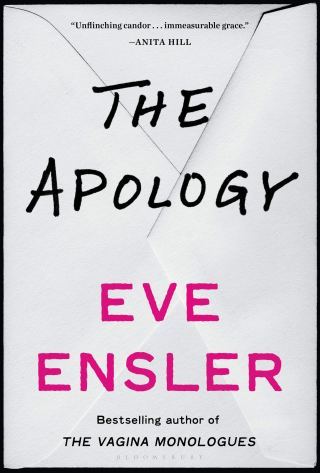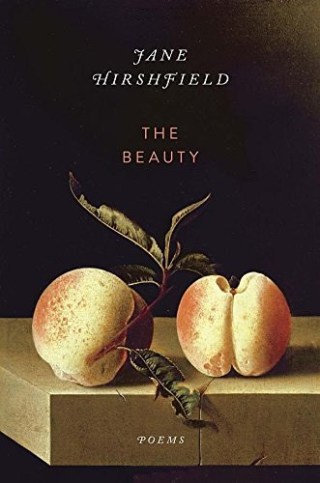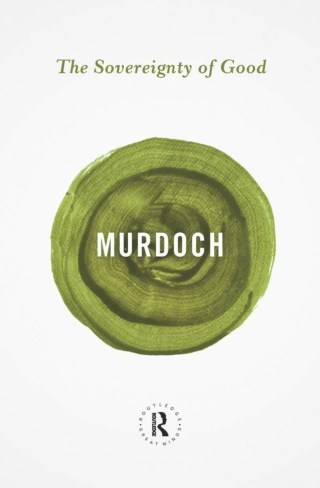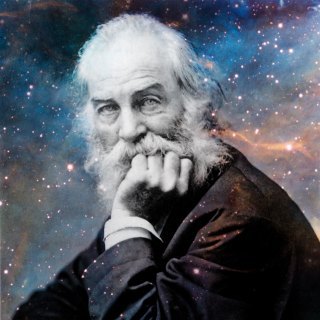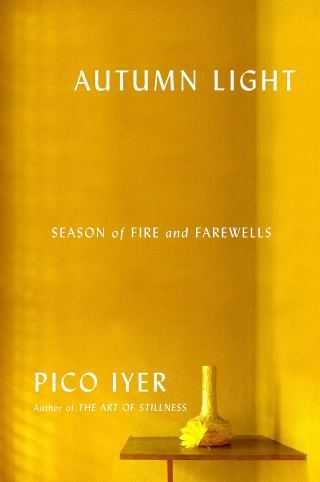Maria Popova's Blog, page 117
October 28, 2019
Losing the Birds, Finding the Words: Eve Ensler’s Extraordinary Letter of Apology to Mother Earth
“Our origins are of the earth. And so there is in us a deeply seated response to the natural universe, which is part of our humanity,” the visionary marine biologist and lyrical author Rachel Carson wr...
October 23, 2019
The Weighing
“All you have is what you are, and what you give,” Ursula K. Le Guin wrote in a philosophical novel contemplating suffering and getting to the other side of pain. “If equal affection cannot be / Let the more loving one be me,” W.H. Auden wrote in a philosophical poem contemplating the courage to love more, to give more, in the face of even the most heartbreaking and elemental disparity of passions.
Perhaps the deepest measure of our character, of our very...
13 Life-Learnings from 13 Years of Brain Pickings
On October 23, 2006, Brain Pickings was born as a plain-text email to seven friends. It was then, and continues to be, a labor of love and ledger of curiosity, although the mind and heart from which it sprang have changed — have grown, I hope — tremendously. At the end of the first decade, I told its improbable origin story and drew from its evolution the ten most important things this all-consuming daily endeavor taught me about writing and living — lar...
October 21, 2019
An Occasion for Unselfing: Iris Murdoch on Imperfection as Integral to Goodness and How the Beauty of Nature and Art Leavens Our Most Unselfish Impulses
To recognize that there are infinitely many kinds of beautiful lives is to step outside the self, beyond its particular conceptions of beauty — which includes, of course, moral beauty — and walking beside it with humble, nonjudgmental curiosity about the myriad other selves afoot on their own paths, prope...
Ursula K. Le Guin’s Playful and Profound Letter-Poem to Children About the Power of Books and Why We Read
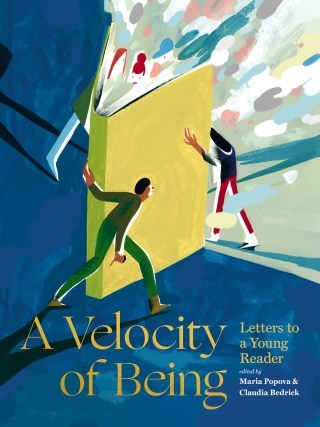
When asked in the Proust Questionnaire about his idea of perfect happiness, David Bowie answered simply: “Reading.” But the question of why we read unlatches as many responses as there are flavors of human happiness. Some memorable and poetic answers have come from Hermann Hesse, Rebecca Solnit, Neil Gaiman, C.S. Lewis, and Proust himself.
A thoroughly original and most delightful one comes from the irreplaceable Ursula K. Le Guin (October 21, 1929–January 22, 2018) in her contribution to A Velocity of Being: Lette...
October 19, 2019
Every Atom Belonging to Me as Good Belongs to You: Whitman’s Immortal Words, Illustrated in Stunning Cyanotype
“Every atom belonging to me as good belongs to you,” Walt Whitman wrote in one of his profoundest verses, in a golden age of science and social change, yet an era at least as divisive as ours. The sentiment became a focal point for Figuring and inspiration for The Astronomy of Walt Whitman — the special pop-up edition of The Universe in Verse, taking place on Governors Island on October 26, 2019.
In the generous spirit of the show — an immense lab...
October 17, 2019
The Shape of Music: Maurice Sendak’s Insightful Forgotten Meditation on Fantasy, Feeling, and the Key to Great Storytelling
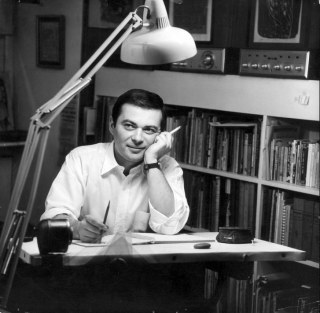
“A rough sound was polished until it became a smoother sound, which was polished until it became music,” the poet Mark Strand wrote in his ode to the enchantment of music. The trailblazing philosopher Susanne Langer considered music “a laboratory for feeling and time.” Perhaps because we experience music with our whole selves, with sinew and spirit alike, it is impossible...
October 14, 2019
How to Disappear: The Art of Listening to Silence in a Noisy World
“There is… the fertile silence of awareness, pasturing the soul… the silence of peaceful accord with other persons or communion with the cosmos,” Paul Goodman wrote in his 1972 taxonomy of the nine kinds of silence. But where does the modern soul go to pasture on awareness and commune with the cosmos in a civilization increasingly savaged by noise? Where do we find, and how do we protect, those places where, in the lovely words of the poet Wende...
October 13, 2019
Tales of Mystery and Imagination: Rare, Arresting Illustrations for Edgar Allan Poe’s Short Stories by the Irish Stained Glass and Book Artist Harry Clarke
 “I prefer the old fine-lined illustrations… I prefer Grimms’ fairy tales to the newspapers’ front pages,” the Nobel-winning Polish poet Wisława Szymborska wrote in her poignant poem “Possibilities.”
“I prefer the old fine-lined illustrations… I prefer Grimms’ fairy tales to the newspapers’ front pages,” the Nobel-winning Polish poet Wisława Szymborska wrote in her poignant poem “Possibilities.”
Old fine-lined illustrations and classic tales that outgrim the newspapers’ front pages, twisting the grisly into the sublime, come together in a rare 1933 edition of Edgar Allan Poe’s Tales of Mystery and Imagination (public library), with illustrations b...
October 11, 2019
Autumn Light: Pico Iyer on Finding Beauty in Impermanence and Luminosity in Loss
Rilke considered winter the season for tending to one’s inner garden. A century after him, Adam Gopnik reverenced the bleakest season as a necessary counterpoint to the electricity of spring, harmonizing the completeness of the world and helping us better appreciate its beauty — without winter, he argued, “we w...

